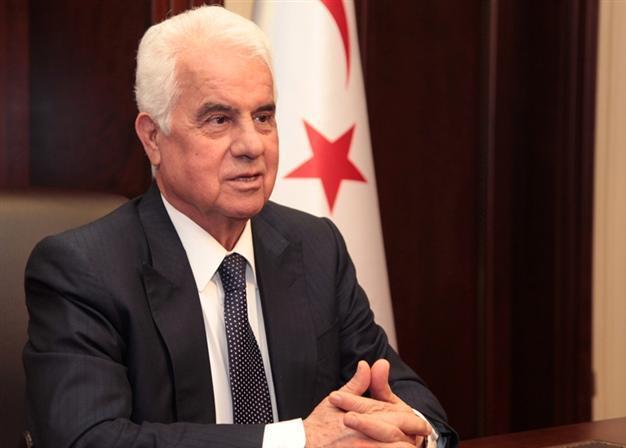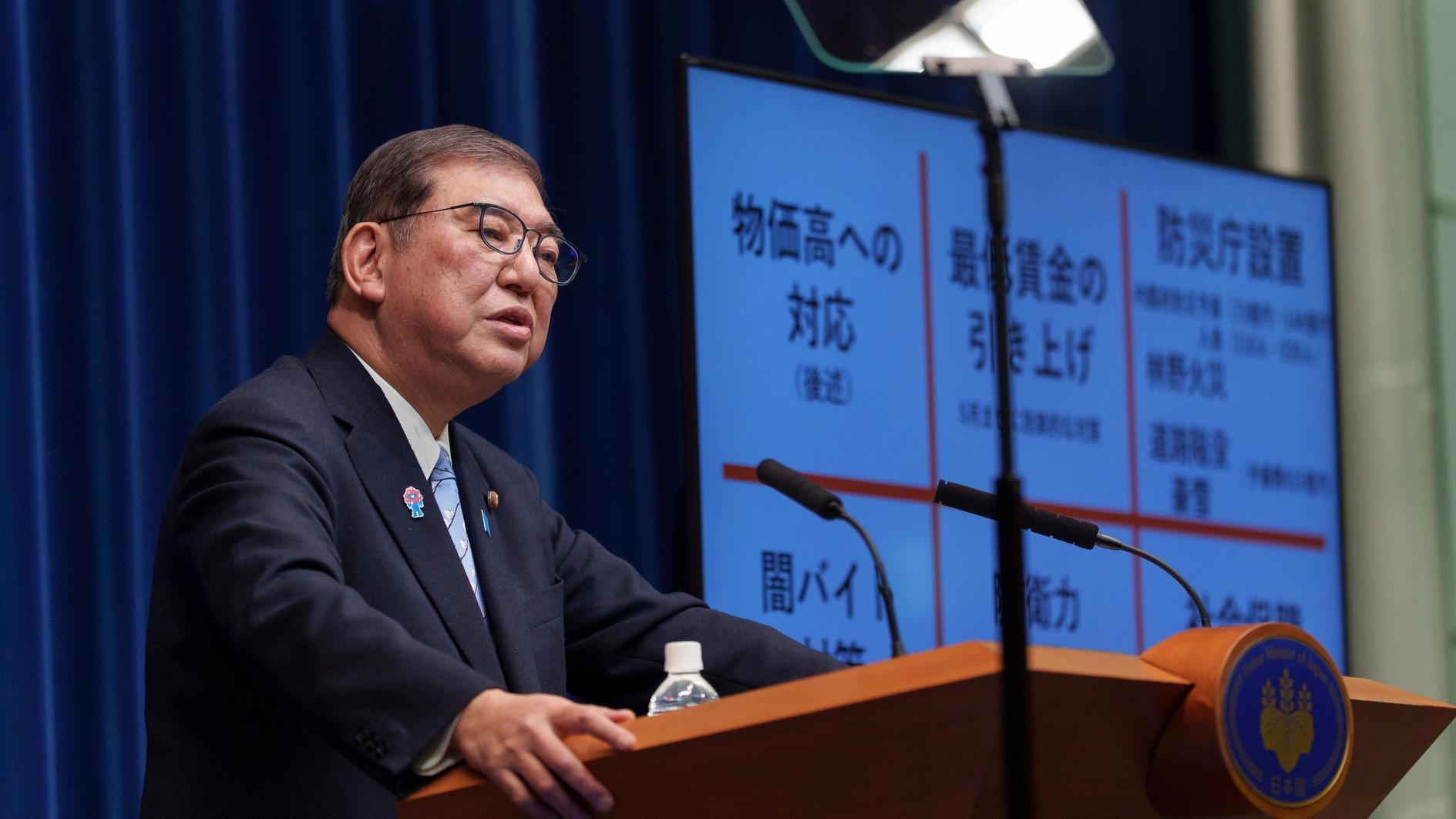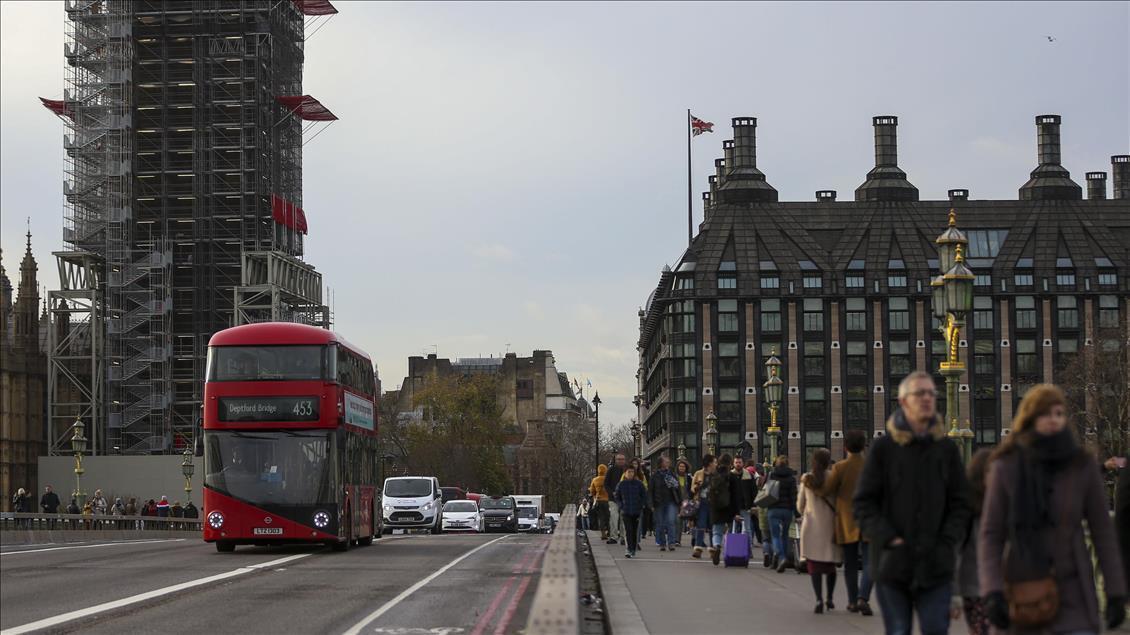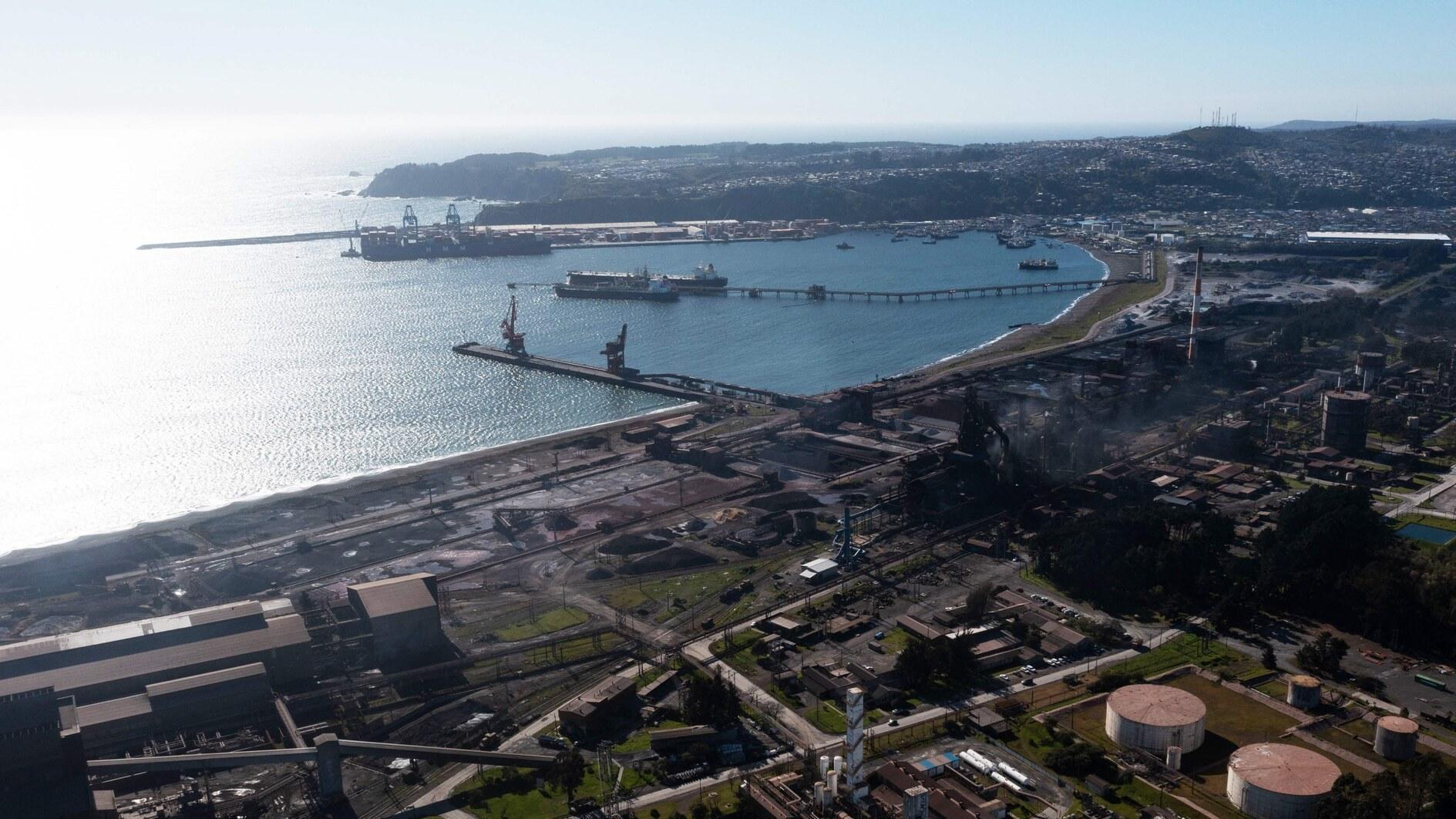Skepticism over talks' success in northern Cyprus

Talking with the Hürriyet Daily News during a luncheon at his presidential office in the northern half of the divided Nicosia, Eroğlu underlined that he wanted to have a deal with the Greek Cypriot side by March or April. CİHAN Photo
Turkish Cypriot President Derviş Eroğlu was unsure whether he was happy or not with the resumption of the Cyprus peacemaking diplomacy with Greek Cypriot leader Nikos Anastasiades. “Give me some time, after few meetings I will make a decision over whether I should have hope [for the success of the process]” he said. Yet, Eroğlu was confident that whatever he agrees upon would receive the support of his people.Talking with the Hürriyet Daily News during a luncheon at his presidential office in the northern half of the divided Nicosia, Eroğlu underlined that he wanted to have a deal with the Greek Cypriot side by March or April. But after so much skidding on a joint text demanded by the Greek Cypriot leader for the resumption of the process, he was now unsure. “We could have finished the job [the negotiations] this way or the other within three months. Now that we have been praised so much by American President Barrack Obama, U.N. Secretary-General Ban Ki-moon and others, they will not let us [say we have failed] … I am sure we will be forced to stay in the process.”
Why is American involvement so important? According to Eroğlu, Americans have vital interests in the southern Mediterranean and the Middle East. “The Americans are not here for either my or the Greek’s black eyebrows and eyes [a Turkish proverb, meaning affection]. Large states have interests and their interests always come before the interests of smaller states. It is unfortunate, but true. A settlement in Cyprus will have results bigger than Cyprus itself…”
The island’s offshore hydrocarbon riches, as well as the political situation in the entire region were elements dictating an end to the more than half-century-old Cyprus problem. Joking, Eroğlu said the interests of the big powers will make it difficult to say “We failed.” Yet, he said he fully agreed with Turkish Foreign Minister Ahmet Davutoğlu that the Cyprus problem ought to be resolved “this way or the other.” Everyone knows what “this way” is, but what about “the other” or Plan B? Eroğlu was tightlipped on the issue, saying nothing lasts forever and the Cyprus talks should come to an end as well.
But would he accept under duress the sort of a Greek dominated resolution he has been battling all along against. “No way,” the gray haired president said, stressing he was sure an overwhelming majority of his people would say “yes” to a deal in simultaneous referenda on a settlement plan. But, he said, he would never ever agree to anything that fell short of the fundamental demands and expectations of his people. “Whatever text I agree on, my people will accept it. I am acting with the awareness and responsibility of this,” he said.
Saying that during a discussion with former Greek Cypriot leader Demetris Christofias told him that he was lucky, because he was negotiating with a pro-settlement opponent. In response, Eroğlu said, he told Christofias that indeed he was lucky to be talking with an opponent whose “yes” would mean an overwhelming Turkish Cypriot “yes” in a referendum.
Yet, in a separate interview with the Daily News, Foreign Minister Özdil Nami believed the Greek Cypriots will not say “no” this time either, because Greek Cypriot leadership learned well in the 2004 referenda the price of a “no” vote. He said, as was said in the joint statement, a deal will be subjected to simultaneous referenda only when leaders agreed so.
Nami, like President Eroğlu, agreed with Davutoğlu that time has come to finish off the Cyprus problem this way or the other, but he was critical of the pace of the process. He said if chief negotiators are to meet every other week and leaders are to meet once a month, would it be logical to expect a Cyprus deal in five months or so?
Nami, a politician who developed a reputation of being “pro-settlement” and has been often accused by his opponents for conducting “unauthorized parallel negotiations” with the Greek Cypriot side, did not share complains from the “close circle” of President Eroğlu that Turkish Cypriots were bypassed by Ankara in the process that led to the resumption of the talks. “Ankara and northern Cyprus have been in close contact all through the process” he said, but from his stress on north Cyprus, it was apparent that Ankara preferred to work with him rather than the official negotiating president to overcome the deadlock over the joint text. Ankara, with American encouragement, becoming involved in the process, bypassing the Turkish Cypriot presidency and dealing directly with Nami, created some concerns among Turkish Cypriots that something odd might be in the pipeline.
Eroğlu said he might have wanted the inclusion of some other elements, like a reference to the continuation of the 1960 guarantee system or a statement barring unilateral representation of the entire island by one of the two constituent states, but as it was agreed, the current text was welcome, because it was just a tool to get the talks resumed. Besides, he said, there were some very important elements in the text, such as for the first time, it was stated that the new federation will come to being with the agreement – that is virgin birth – or it would be created by two “equal” constituent states and will be bi-zonal and bi-communal and that feature would be reflected all through the new state.
But, was there indeed reason to celebrate? According to former President Mehmet Ali Talat, his political arch foe Eroğlu was on the right track and must be encouraged to continue walking on that road. Talking with the HDN, Talat said he was confident that Eroğlu was prodded by some factors to walk that difficult road, but now that he has taken so many important steps, political differences must be abandoned and he should be encouraged to continue further.
“I already declared that if he continued on this road and delivered a settlement, I will support Eroğlu in the elections next year,” Talat said smiling with the happiness of seeing Eroğlu so much accused of being an anti-settlement politician now continuing a settlement process with Turkey’s strong encouragement.
The cross visits representatives of Eroğlu and Anastasiades will be making to Greece and Turkey respectively might not help to achieve any landmark development, Eroğlu, Nami as well as Talat agreed in separate interviews. Yet, all three politicians stressed the psychological importance of such a trip.
Eroğlu said the idea of cross visits first came from the Greek side last year during a meeting between foreign ministers of the two countries as a demand for reception by Ankara a representative of the Greek Cypriot presidency. When the Turkish minister asked for reciprocity, the Greek minister could not say “no,” but because of objections from the Greek prime minister, the visits could not be held so far.
Now, as the two sides agreed in the last week of February the visits will take place and for the first time in history a Turkish Cypriot official will be received in Athens by a senior Greek official, while a Greek Cypriot will be received in Ankara.
Will those visits be important? Obviously yes, but as Eroğlu said such visits will be helpful in tearing down psychological barriers, but much should not be expected from them. “Such trips will have symbolic importance” Eroğlu said.











